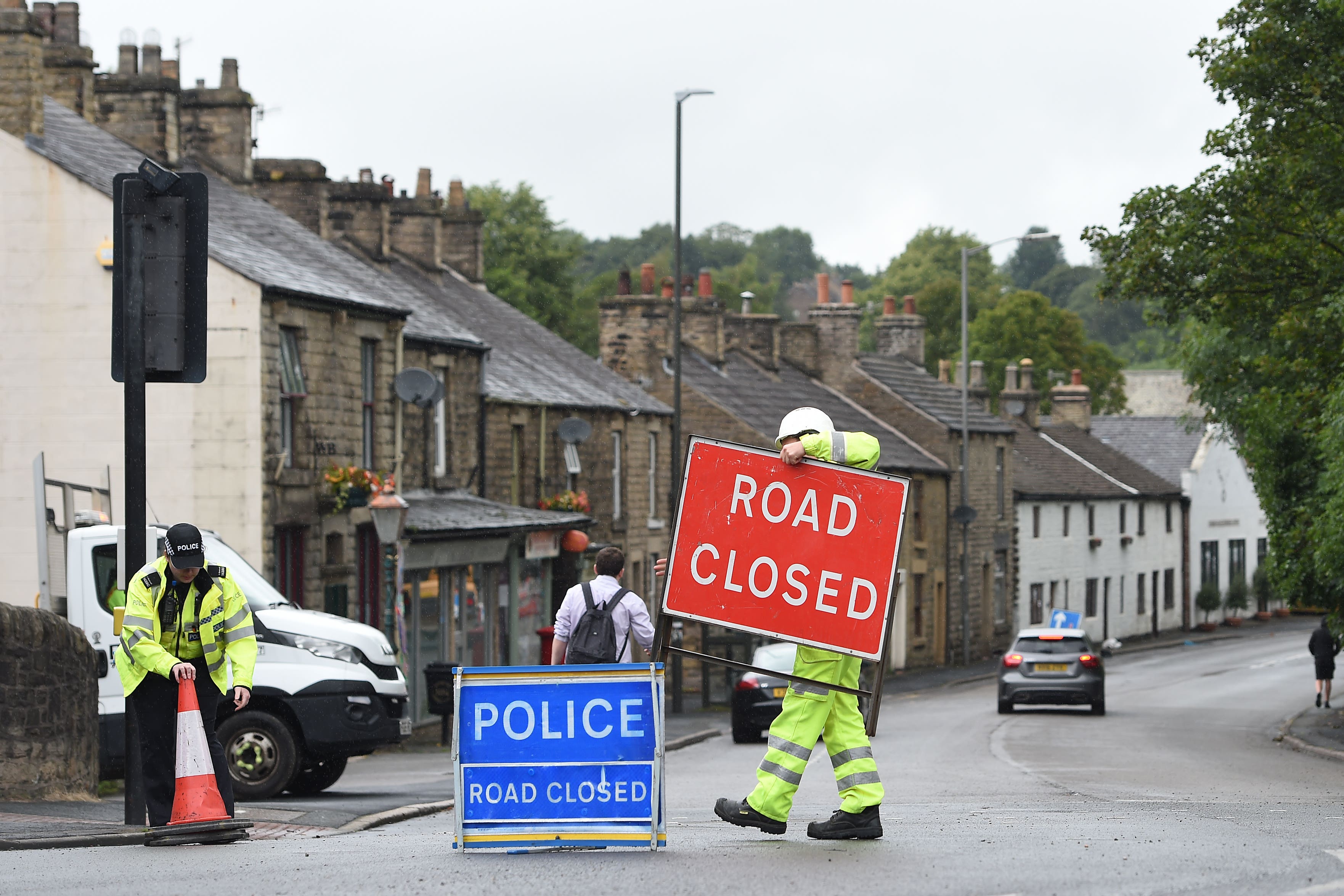Connected cars can identify dangerous roads before crashes happen, study finds
Research for the RAC Foundation found that data generated about extreme manoeuvres can be used to locate dangerous stretches of road.

Vehicles connected to the internet can be used to predict where crashes might happen, according to a new report.
Research for the RAC Foundation said that data generated about manoeuvres such as harsh braking can be used to locate dangerous stretches of road before an accident occurs.
This would allow highway engineers to consider potential issues such as speed limits, hidden junctions, queuing traffic, or damaged road surfaces.
The study was produced by Andy Graham, of White Willow Consulting, who warned that the opportunity to benefit from this information risks being missed unless the issue of who pays for the data is addressed.
Department for Transport figures show an estimated 1,695 people were killed on Britain’s roads in 2022.
Highways authorities can check whether they need to change road layouts or manage risk
RAC Foundation director Steve Gooding said: “The road safety world has long wanted to know more about the cause and locations of the near-misses which could point to places where a serious crash is just waiting to happen, in time to do something about it.
“Connected vehicles can change that. They are routinely generating data, access to which could identify those sites where drivers, and indeed cyclists, might be forced to brake harshly or steer violently because the road layout is throwing up unexpected and dangerous situations.
“When this pattern of behaviour is seen repeatedly at certain locations it means highways authorities can check whether they need to change road layouts or manage risk before someone gets hurt.
“The possibilities thrown up by connected vehicles go far beyond road safety, but, while many individual local authorities are exploring options, it must be for government to take the lead nationally if we are ever to move beyond showcase pathfinder projects to widespread, or universal, application.”
Mr Graham said: “Services that improve road safety or reduce emissions deliver a societal benefit that is hard to recoup from a direct charge to drivers.
“This isn’t just about a plea for funding. It is about the way funding could move away from a myriad of trials toward connected vehicle data becoming a routine, integral part of improved highway management.”
The report defines connected vehicles as those which can “generate, transmit and receive/process data”.
Connections are usually made over mobile data networks.
Bookmark popover
Removed from bookmarks